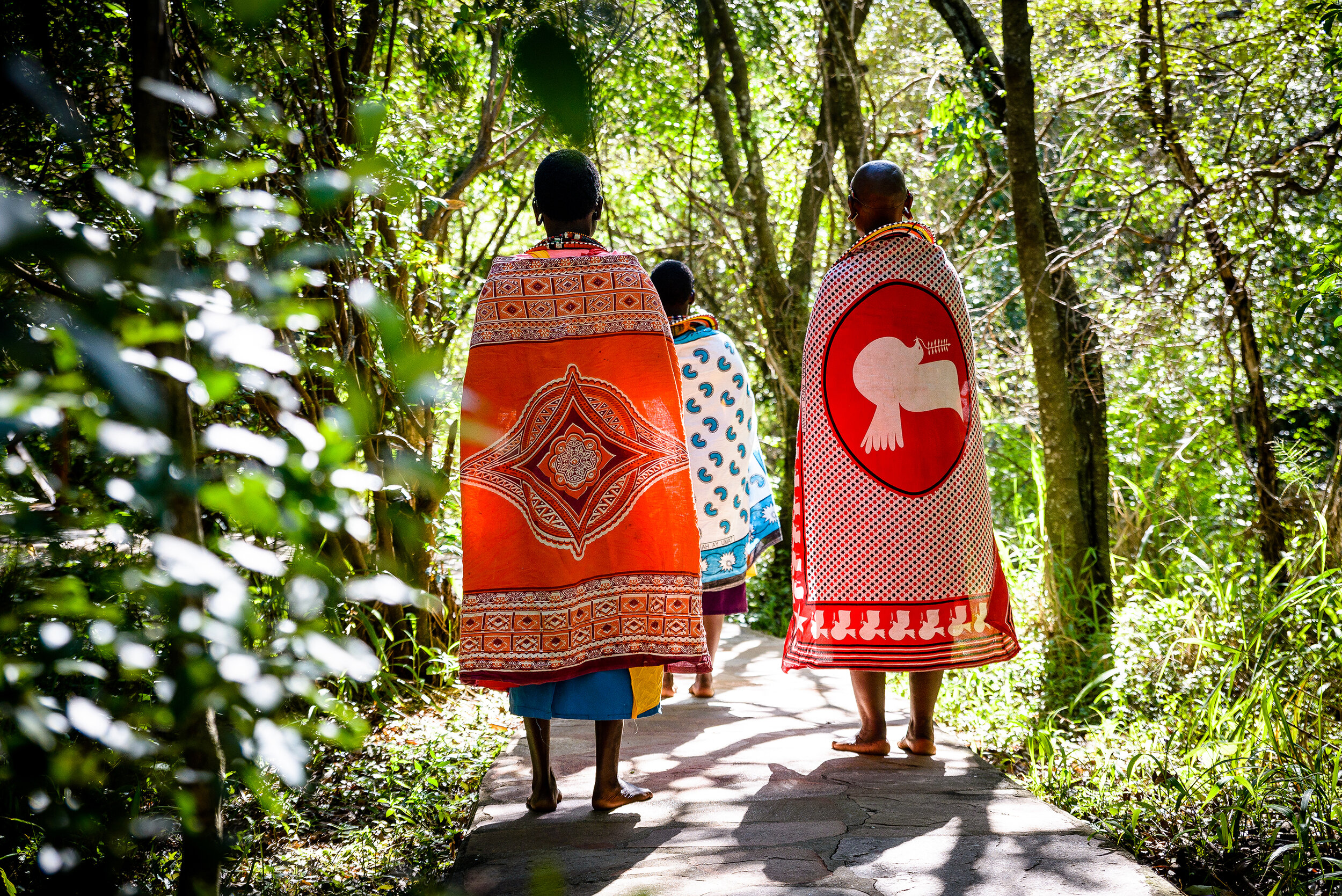What should you pack for your safari to Africa
What Pack for Safari?
Safaris are always relatively casual affairs, where keeping warm in layers and blending in with the environment are the main focus. The only strict rules have to do with the weight of your belongings, as you are on several types of transport and at times there is a strict weight limit on what each guest is allowed to bring.
Let’s talk weight…
Restricted weight limits make packing for an African safari challenging for some travelers. Maximum weight limits for luggage when flying on light aircraft is typically 33 pounds per person in East Africa, or 41 pounds per person in Southern Africa. These rules are strictly enforced throughout Africa for obvious safety reasons.
What to bring?
Best advice for real estate? Location, location, location.
Best advice for safari travel? Layer, layer, layer.
Let’s take a typical day on safari: It begins early, and temps can go as low as 40 degrees Fahrenheit when traveling in an open vehicle. You will be grateful for lightweight underlayers to ward off the chill. As the sun rises, you may be ready to swap your wool beanie for a wide-brimmed hat, and you’ll peel off a layer or two. But the long sleeve, sun-proof shirt is imperative for protecting your skin from the bright African sun and a mosquito bite or two. The dust and wind of an open vehicle are factors to consider: windbreakers are a must-have, and contact lens wearers may want to update their glasses and sunglasses prescription. By the end of the day, when you’re ready for dinner in camp, ladies may want to spruce up their safari-casual look with a stylish, warm scarf or wrap, but that’s about as fancy as you’ll get on safari!
If you need any more information about packing, please feel free to call us at Tett Safaris! We’ve been there and would love to help you be the most effective packer you can be!
A recommended packing list for your expedition
Here’s how we do it. The following outline is a suggested packing list, to be modified based on your personal needs and preferences. If you can get by with less, all the better, so you’ll have some room for a few souvenirs!
Clothing Packing List
2 Pair lightweight pants
2 Pair shorts
4 Lightweight shirts
2 Long-sleeved lightweight shirts
1 Wool Shirt'
2 T-shirts
1 Pair lightweight hiking boots or sturdy walking shoes
Sandals or flip flops
Women: 1 Pair evening shoes
Men: 1 Pair comfortable leather loafers/shoes
Socks
1 Warm, wind-proof jacket and/or 1 lightweight, waterproof shell with hood
Warm gloves
Knit cap which can be pulled down over ears
1 set waterproof rain gear
Men: Lightweight sport coat and tie (Subject to accommodation)
Women: Dress or skirt and blouse (Subject to accommodation)
Scarf
Hat (For sun protection)
Bathing suit
Pajamas
Undergarments
Sunglasses
Extra prescription glasses, contact lenses
Safari Equipment Recommendations
Toiletries | Hand-wash laundry supplies
Water-resistant backpack for carrying personal items
Binoculars (one pair per person is recommended)
Small flashlight; extra batteries
Plastic water bottle (for excursions)
Electrical converter/adapter plug kit
Camera, camera bag, and all necessary photographic equipment
Plenty of digital storage capacity and batteries
Reading and writing materials; pocket sized notebook
Travel alarm clock
Folding umbrella
Safari Personal Medical Kit list
Prescription Items
Malaria medication
Diarrhea medicine
Antibiotics
Anti-nausea treatment
Allergies: An Ana-Kit, Insect stink treatment kit or Epi Pen should be carried by travelers with severe allergies to stinging insects (bees, wasps, yellow jackets, etc.)
Mountain sickness: Diamox has been shown to be effective in preventing some cases of high-altitude problems
Non-Prescriptions Items
Any vitamins you use
Antacids, Pepto-Bismol, or similar medications
Liquid hand sanitizer and moisturizing lotion
Pain medications: Aspirin, Tylenol, or Ibuprofen (Advil, Nuprin) for general relief of minor aches, pains, or headache
Antibiotic ointment: For topical application or minor cuts and abrasions (Neosporin, Bactracin)
Antifungal powder: For travelers prone to fungal skin problems
Allergy remedies: Disposable dust filer masks. Decongestant medications for nasal congestions due to allergies, colds, or water sports
Cough Suppressant
Hydrocortison cream
Insect repellent
Sunscreen
Sunburn relief products; lip balm
Powdered electrolyte mix
Betadine or Hibiclens
Dental emergency kit
Contact lens solution | Eye drops
General medical supplies
Important documentation and accessories
Passports
Photocopy of passport & air tickets (held separately from originals)
Health certificates, if required per your itinerary
Airline tickets
Credit card(s)
Locks for luggage
Money belt
Some travelers also find the following items useful:
Small, self-standing mirror
Tissue packs and washcloths
Rubber bands, safety pins, sewing kit
Earplugs and eyeshades
Extra luggage locks
Collapsible walking stick
Bandanas
Tricks to minimize weight
Wear your safari cloths while traveling
Plan to make use of daily laundry services offered by camps and lodges. They are fast, efficient and inexpensive!
Plan to dress casually at dinners: wear your safari clothes but add a scarf, jewelry or sweater to switch it up.
What NOT to Take on Safari
Pocketknives or any sharp-looking objects must be carried in your checked luggage and not in your hand luggage.
Camouflage clothing is frequently associated with the
military, and in certain countries you will not be allowed to wear it.
Share these Safari Packing tips with your Family & Friends














